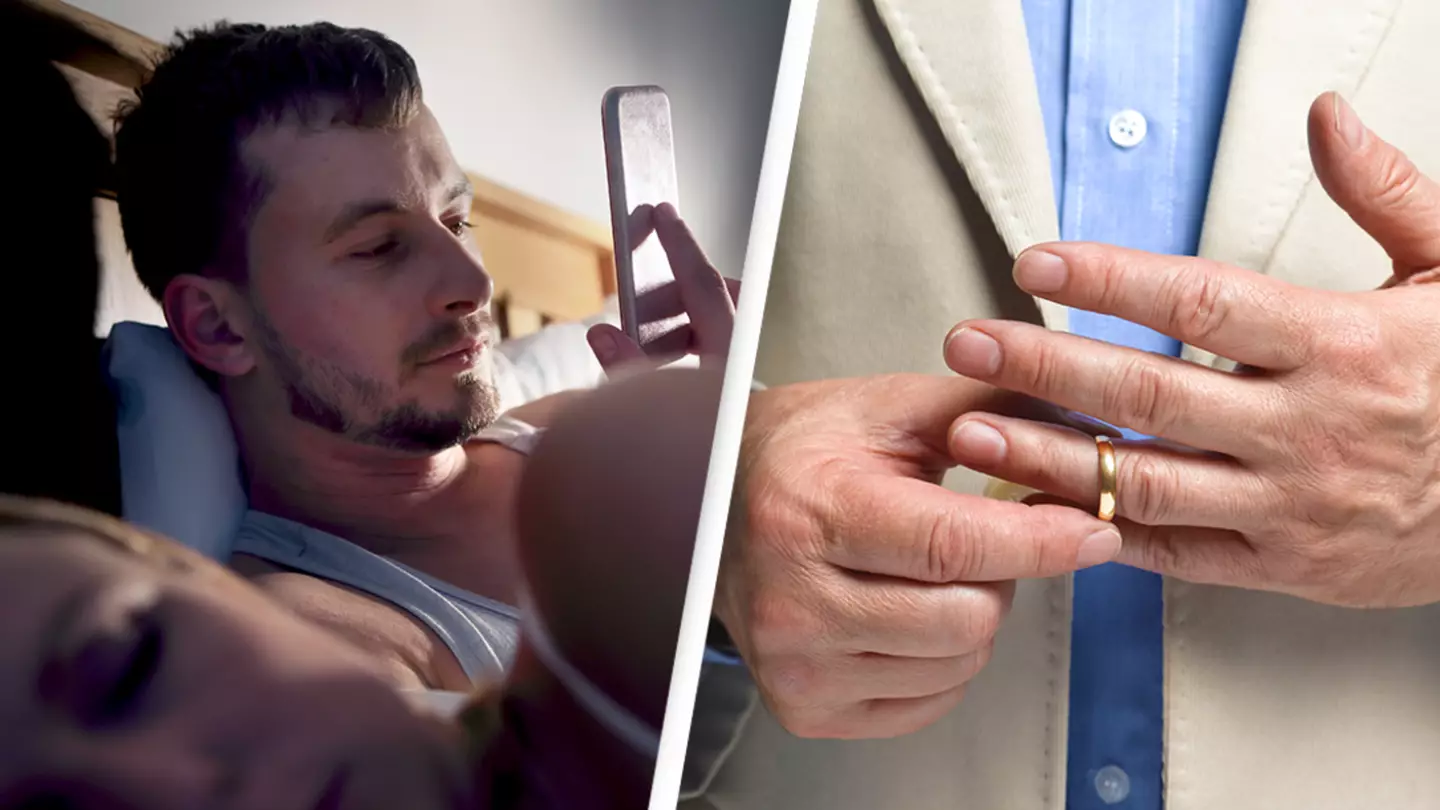
A psychologist has offered an answer as to why partners are more likely to cheat in their relationships.
If you’ve ever been cheated on, apart from feeling insanely sick and just as insanely angry, there’s a lot of questions that run through your head. Why? Is it him? Is it me? Can they change? Or not?
.jpg)
Well, luckily (I think?) psychologist Clara Zelleroth, a licensed psychologist and couples therapist, has given an insight into the most ‘common justifications’ cheaters admit to their partners afterwards.
Advert
Zelleroth recently told Metro: "As unfaithfulness is a break of the mutual understanding, or 'contract' of the relationship, it is often seen as a form of betrayal.
"This is also why we would not call any excuses for cheating in relationship counselling 'valid.'"
She then offered the most common ‘justifications’ cheating partners have given in couples therapy.
The first reasoning seems to be a case of ‘it just happened’ – I know it sucks and doesn’t give much closure, but happenstance seems to quite prevalent in adultery.

"This decision is typically influenced by factors such as alcohol or a time of high stress, making a person more likely to cheat when the opportunity occurs," Clara explains.
"In the aftermath, individuals often describe the scenario as 'it just happened'."
This is a reason given by both men and woman and is often described has them having a ‘weak moment.’
The therapist also added that if you have had a moment of weakness, the ‘worst thing you can do is hide it from your partner.
The second justification she says, is sexual dissatisfaction. As much as it might sting to think about, she says it’s another really common reason for adultery.
Individuals who have been unfaithful to their partners cite reasons including 'My partner doesn’t want to have sex', she explains.
"It might be that their partner is reluctant to engage in sexual activities for various reasons, as well as a potential mismatch of sexual drives which prompts the individual to seek fulfilment elsewhere."

The third reason is similar, it’s ‘emotional dissatisfaction’ that can see one half of the couple become fed up with a lack of intimacy from their partner so create an emotional connection with someone else.
Clara explains: "People who have cheated often express feelings of “not being seen or prioritised” by their partner, prompting them to seek connections with others for emotional fulfilment, which may not necessarily involve sexual intimacy."
The last reason is a lack of commitment, which both men and woman can feel during a relationship, when some cheaters are questioned their answer is ‘we were going to break up anyway’, which is also an ‘exit affair.’
Clara says: "Infidelity can also be linked to low commitment in the primary relationship. People may rationalise their actions with statements like 'we were just about to break up' or 'we are not really in a committed relationship at the moment, just casually dating,' but their partner might not feel or view the relationship in the same way.
"This often stems from a lack of mutual communication about the relationship and commitment, leading to differing perceptions between the partners. You could think of this as the 'we were on a break' moment between Ross and Rachel from Friends."
Topics: Sex and Relationships, Mental Health